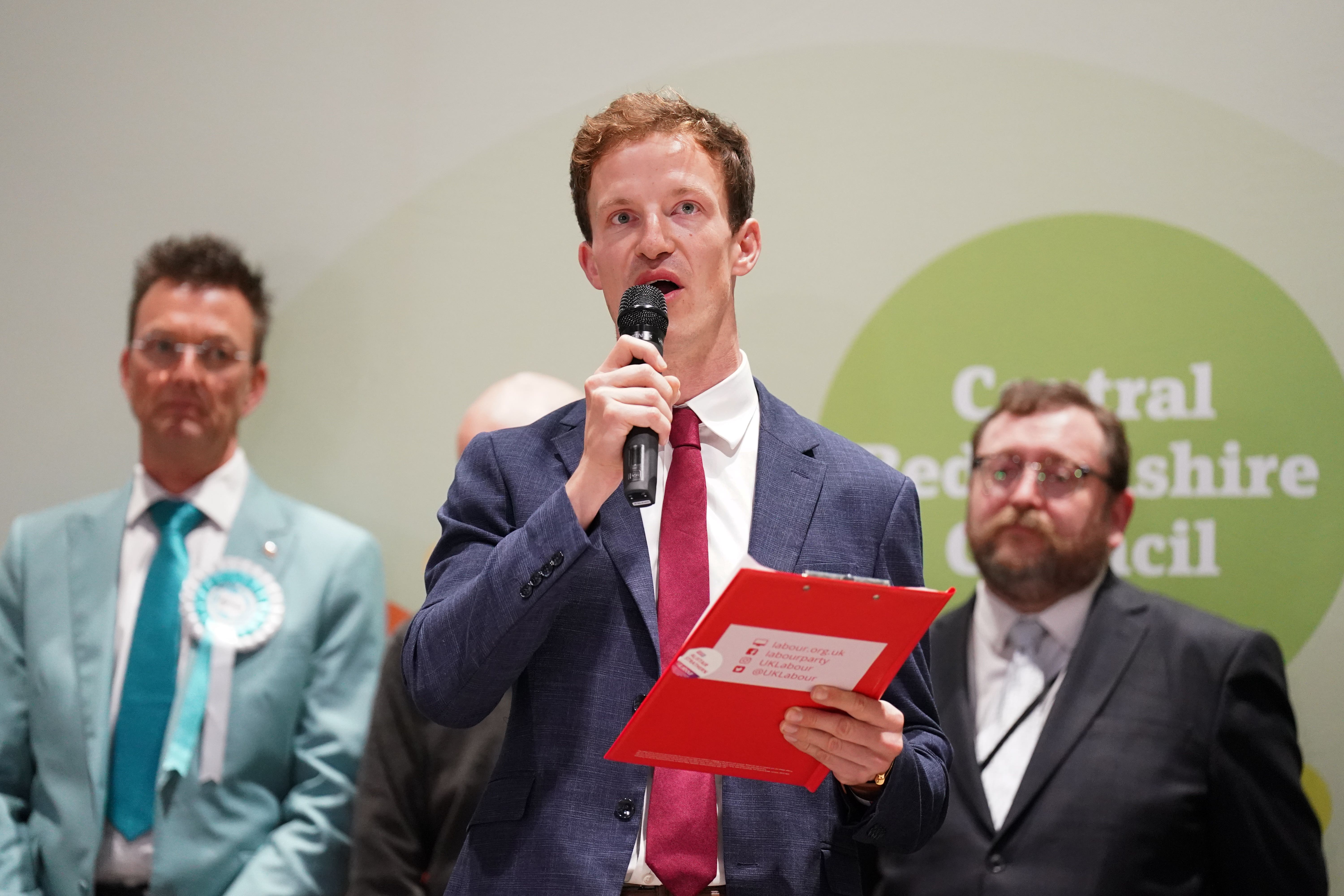Will the Israel-Hamas war be a factor in the Rochdale by-election for Labour?
Both Labour and the Conservatives face tests over their policies and the popularity of their leaders during this month’s three big by-elections, writes Zoe Grunewald

Over the past weeks, Rishi Sunak has faced mounting pressure from his party. Warnings have been sounded from within and outside of his party about the Conservatives’ electoral prospects. Rival factions have launched a concerted effort to push the prime minister towards a rightward shift, while the Labour Party holds a strong 20-point lead.
But while opinion polls and Conservative navel-gazing provide insights, they remain speculative until tested. Over the next few weeks, a handful of by-elections will provide a more substantial understanding of how each of the parties are faring in the electorate’s estimations.
By-elections are complex, and their outcomes are often influenced by a myriad of local factors. But the results are still likely to pile pressure on the two main parties as they become testing grounds for the popularity of their policies and leaders.
One of the local factors in Rochdale that will concern Keir Starmer is the Labour candidate Azhar Ali’s comments about Israel’s culpability over the 7 October attack, which has put pressure on the leader to remove the whip – or consider installing a new candidate. Labour has maintained that Mr Ali, who has apologised for his comments, will still stand in the seat, but should he win, scrutiny over Labour’s position on the conflict will inevitably intensify.
In Rochdale, it is the Labour Party that faces the heat on 29 February. Despite a 9,000-strong majority – following the death of the incumbent MP, Labour stalwart Sir Tony Lloyd – the party now faces challenges related to its stance on the Israel-Hamas conflict. With a significant Muslim representation in the constituency, there is concern that the leadership’s refusal to back a ceasefire in the House of Commons may substantially reduce their vote share.
A recent Survation poll conducted for the Labour Muslim Network found that British Muslims are losing trust in Labour over its handling of the war in Gaza. This, coupled with George Galloway’s independent candidacy and controversies surrounding the Labour candidate’s comments on Israel, further complicate the race.

But first up are big by-election tests for the Conservative Party on Thursday 15 February. In Wellingborough – a market town in North Northamptonshire – the backdrop for the vote is the resignation of disgraced MP Peter Bone, who was forced out after being accused of sexual misconduct and bullying. Though scandals can have an impact on the party’s prospects of re-election, the Tories opted for continuity – and selected Mr Bone’s girlfriend as his replacement.
Now, reports suggest local sentiment – and general disdain for the government over the state of the economy, NHS and immigration – may be mobilised against the Conservatives, potentially benefiting Labour, while also highlighting the potential threat posed by the right-wing Reform UK party.
Though a Labour victory in Wellingborough is widely anticipated, some projections forecast Reform UK picking up as much as 12 per cent of the vote. If Reform are able to nibble away at the Conservative majority – and Labour come out victorious – you can expect a push from the loud-mouthed right-wing factions in the Conservative Party for the prime minister to adopt a harsher stance on immigration, the culture wars and retreat from net zero.

In Kingswood, where Conservative MP Chris Skidmore’s resignation over the government’s oil and gas policies triggered the by-election, Labour sees an opportunity to challenge the Conservative stronghold. The constituency’s working class roots and recent shifts in political dynamics suggest the outcome may not be as predictable as in the past.
The party will fondly remember the result of the Mid Bedfordshire by-election back in October – where Labour was able to overturn a 25,000 majority. This will be seen as a litmus test for a Labour general election victory, and whether the party is able to maintain the sort of swings it has achieved over the past few by-elections.
These by-elections serve as critical tests for both major parties. As campaigns intensify, the outcomes will reverberate throughout British politics. Whatever happens – and for whatever reason – both parties will use the results to attack each other and extrapolate conclusions that will change their approach going forward.
For Keir Starmer, the test has already started.
For Rishi Sunak, the challenge is one of survival.
Some Conservative colleagues have already warned – publicly and privately – that the results of the by-elections will cause them to consider whether they wish to proceed with Mr Sunak as leader. Should the party see a trilogy of losses, one can expect renewed calls for his resignation – and perhaps a flurry of no-confidence letters.
Join our commenting forum
Join thought-provoking conversations, follow other Independent readers and see their replies
Comments
Bookmark popover
Removed from bookmarks